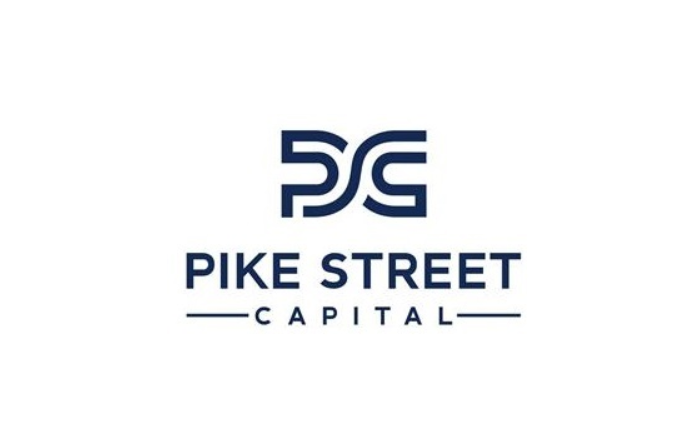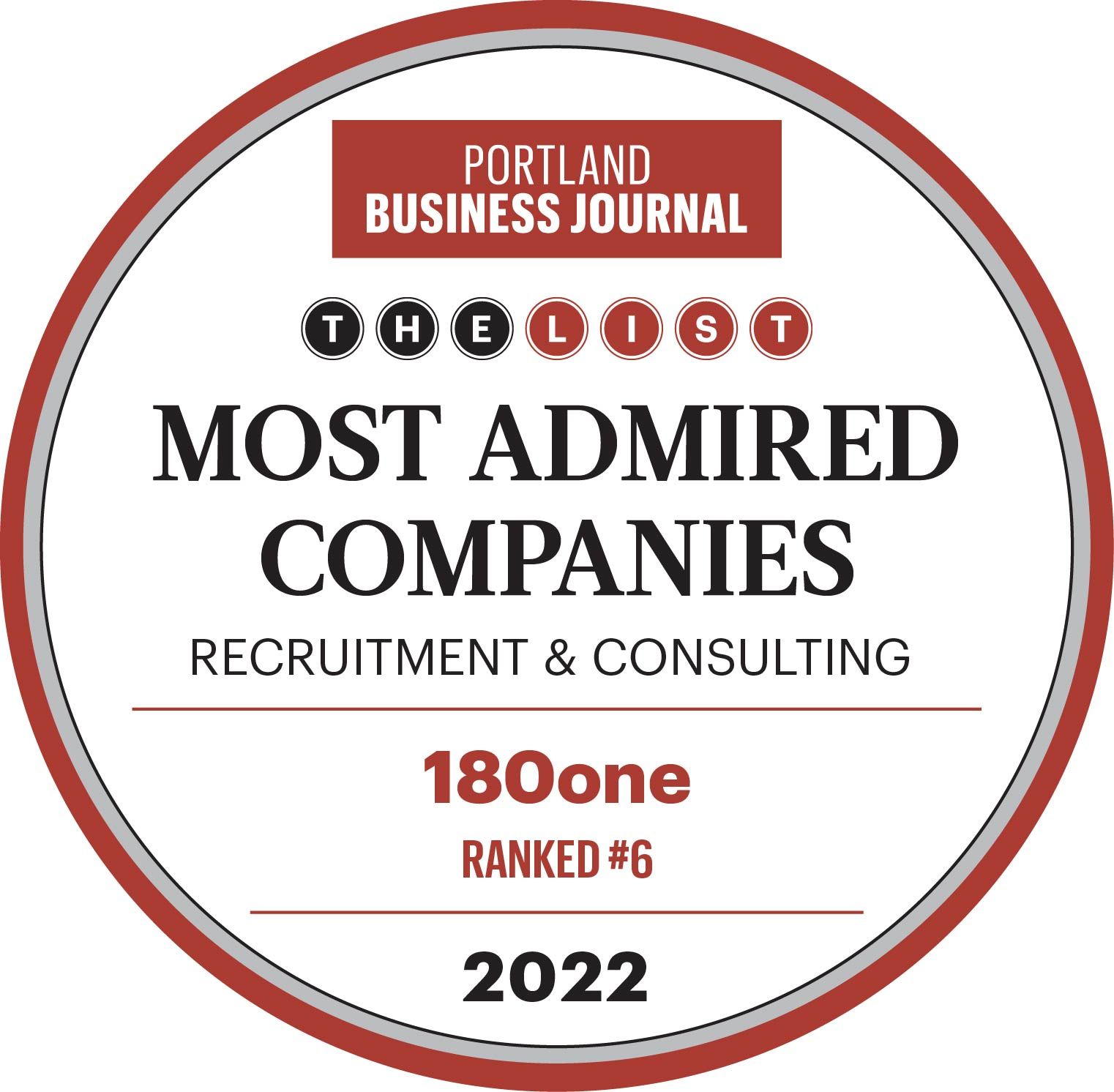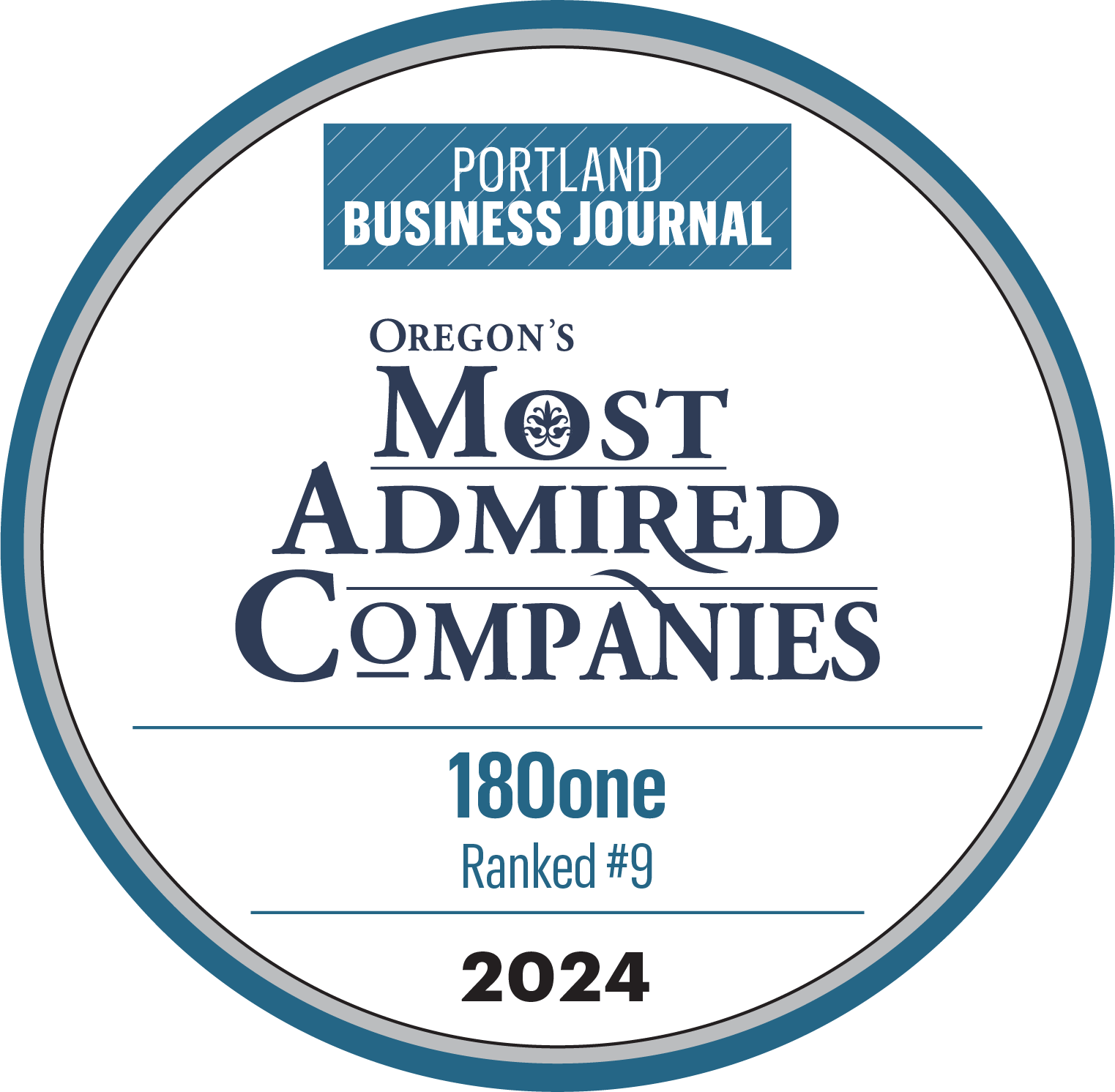Millennials Into Leadership
Ready Or Not- Here They Come!
As Baby Boomers reach retirement age in unprecedented numbers, businesses are facing a significant leadership gap. This generation, born between 1946 and 1964, has long been the backbone of the workforce. However, with the wave of retirements already underway, organizations are now tasked with filling the void left by these seasoned leaders. By 2030, all Baby Boomers will be over 65, and many are already stepping down from key positions. According to the U.S. Bureau of Labor Statistics, more than 11,000 Baby Boomers are retiring every day, creating “The Silver Tsunami” phenomenon
See 180one 2023 Year in Review: Silver Tsunami
The scale of this shift is staggering. By 2029, an estimated 72 million people in the U.S. will be 65 or older, making up about 20% of the population. The workforce is shrinking, and with fewer younger workers entering the market, businesses must focus on developing talent from within. This demographic change is creating a talent gap that organizations cannot afford to overlook, particularly in industries where seniority and experience have historically been critical to career progression.
A recent Fortune study highlighted a concerning trend: for "lifers", those who start at the bottom and work their way up, it takes an average of 33 years to reach the CEO position. If businesses continue to rely on the "seniority" model for leadership, it could be over a decade before Millennials are ready to step into top roles.
The Need to Develop Younger Generations
So, where will the next generation of leaders come from? Millennials and Generation Z are the natural candidates to step into these roles, yet many companies have not made sufficient investments in their development. These younger generations are tech-savvy, adaptable, and eager for career progression, but they often lack the depth of experience that Baby Boomers accumulated over decades in the workforce.
The transition to a younger, more diverse leadership team is not just necessary, it's inevitable. With Millennials expected to make up 75% of the global workforce by 2030, businesses must prioritize succession planning and leadership development to ensure a strong pipeline of talent.
According to a 2023 Deloitte report, only 21% of organizations globally are confident in their succession plans for leadership roles. This is a critical gap that must be addressed immediately. Without focused investment in leadership development for younger workers, companies risk losing their competitive edge and innovation capacity due to a lack of experienced leaders to guide them through the changing landscape.
Preparing the Next Generation of Leaders
To close the leadership gap, companies must begin investing in younger generations to develop their leadership skills and prepare them for executive roles. Programs that focus on mentorship, training, and fast-track leadership development are essential for ensuring Millennials and Gen Z are ready to step up when needed.
Research from Gallup shows that organizations with strong internal leadership programs are 2.5 times more likely to have high employee engagement. Developing younger talent not only strengthens the leadership pipeline, but also fosters a more engaged workforce, as younger employees are more likely to stay with a company that offers growth opportunities.
Companies can also implement job shadowing, leadership courses, and rotational programs, which allow younger employees to gain experience across various departments. These initiatives help build a more well-rounded skill set and ensure a smoother transition when it’s time for them to take on senior roles.
Act Now
The Baby Boomer retirement wave presents both challenges and opportunities. While the departure of experienced leaders creates significant gaps, it also offers the chance to bring in fresh talent and develop the next generation of executives. Companies that act now to invest in leadership development for Millennials and Generation Z will be better positioned to maintain business continuity, drive innovation, and thrive in the years ahead.






